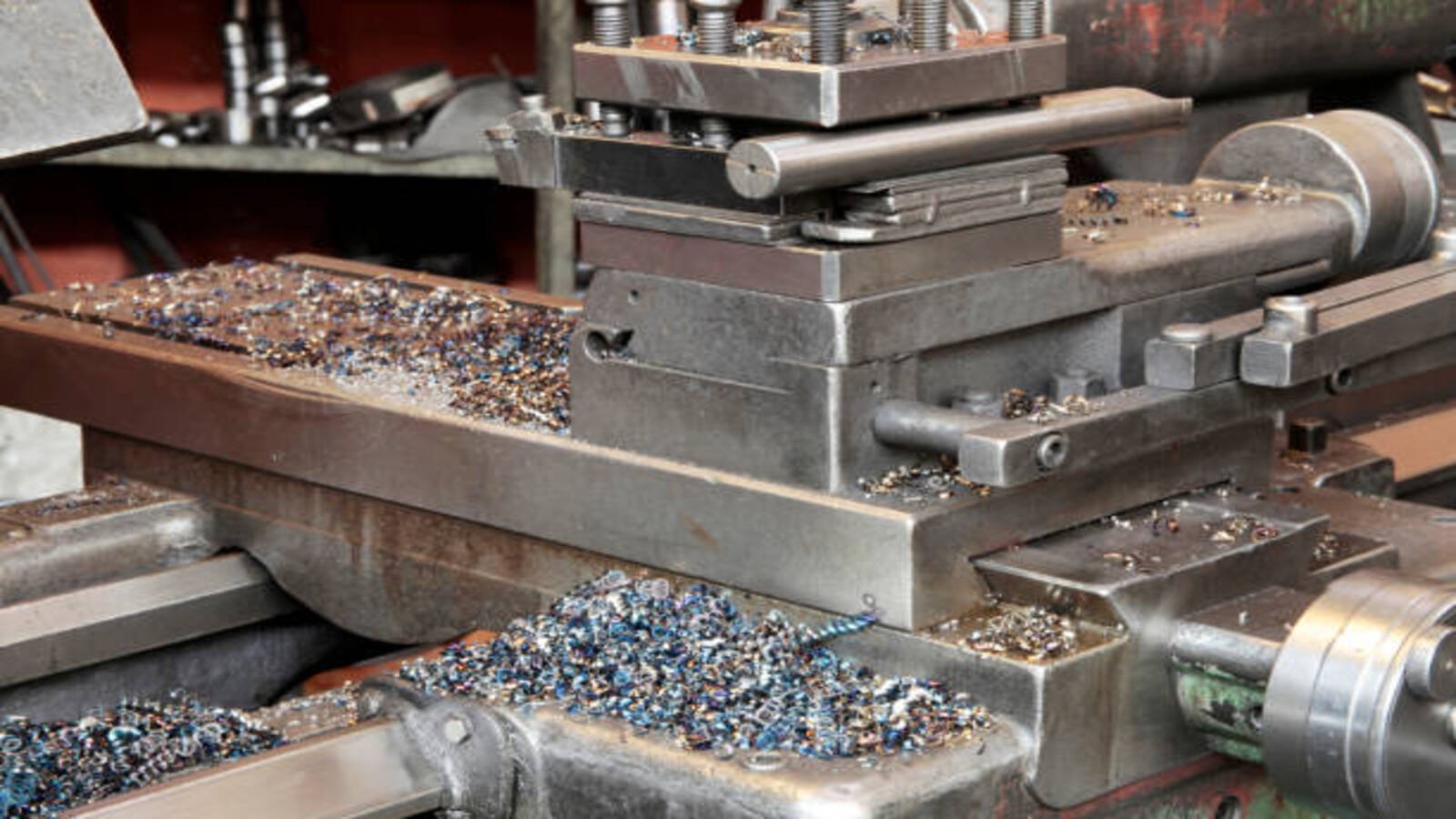For modern manufacturers, sustainable metal material processing is essential to meet the increasing demand for eco-friendly products. Creating eco-friendly production methods is crucial for companies looking to create a better future, and it is also a great way to reduce costs over the long run.
The Importance of Sustainable Metal Material Processing
Sustainability is not just a buzzword anymore - it is a necessity. Sustainable metal material processing ensures that companies can meet their production goals while reducing their impact on the environment. Eco-friendly fabrication methods help to reduce waste, reuse resources, and promote better environmental practices. The benefits of sustainable metal material processing are extensive, and they include:
Reduced Carbon Footprint
Sustainable metal material processing reduces the carbon footprint of manufacturing processes, leading to reduced greenhouse gas emissions. By avoiding practices such as excessive wastage and energy-intensive processes, manufacturers can work towards a cleaner future.
Eco-Friendly Materials
Manufacturers can use eco-friendly materials in their processes and products. Alternatives to traditional metals, such as recycled steel, can reduce the impact of production significantly. Companies can contribute to climate change mitigation by selecting and using suitable materials.
Efficient Production
Sustainable metal material processing maximizes the efficiency of the production process. It eliminates waste and reduces the use of energy and raw materials. Efficient processes lead to a more profitable business and a more sustainable future.
Maintenance and Component Replacement
Manufacturers need to ensure that their products have a long lifespan, as long-lasting products are more conducive to sustainability goals. In the case of metal products, regular maintenance and component replacements can ensure that the products last longer, reducing the need for multiple replacements. This ultimately translates to lower environmental impact and cost savings for the manufacturer.
Green Energy
Sustainable metal material processing supports the use of green energy. Manufacturers can utilize renewable energy sources such as solar, wind, and hydroelectricity to power their production processes. This leads to fewer emissions and a lower impact on the environment.
Decreased Need for Resource Extraction
Sustainable metal material processing reduces the need for resource extraction. Instead of mining new metals, manufacturers can use recycled materials for production processes. This leads to decreased demand for raw materials, reduced impact on the environment, and significant cost savings.
Extended Product Lifespan
By creating durable products, manufacturers can reduce waste, ultimately promoting better environmental practices. By promoting the reuse of materials in products, modern manufacturers can contribute to a more sustainable future.
Reduced Environmental Impact
The overall impact of sustainable metal material processing helps ensure that businesses can better manage their environmental and economic impact. Reducing carbon footprints and waste helps to promote better environmental protection.
Increased Social Responsibility
Sustainability ultimately impacts society, and manufacturers need to recognize this responsibility to meet a necessary environmental standard. Sustainable metal material processing supports ethical production practices and encourages the protection of natural resources, ultimately benefitting the people in the community.
The Bottom Line
In conclusion, sustainable metal material processing is crucial for modern manufacturers to meet their production goals from an eco-friendly standpoint. By using practices such as energy-efficient manufacturing, green energy, and recycled materials, manufacturers can contribute to a cleaner, safer, and more sustainable future for everyone.

